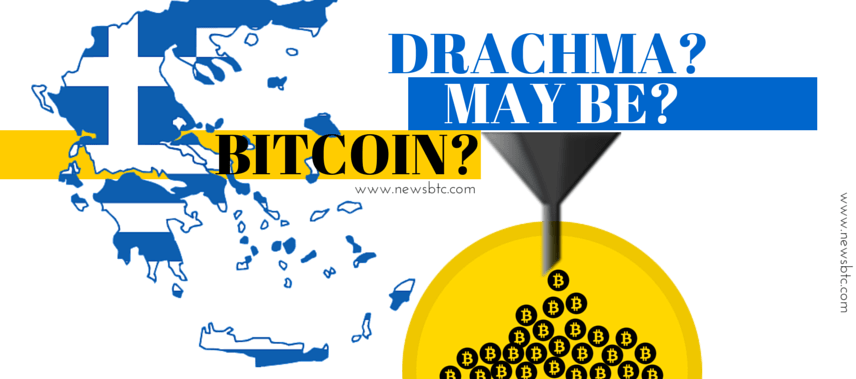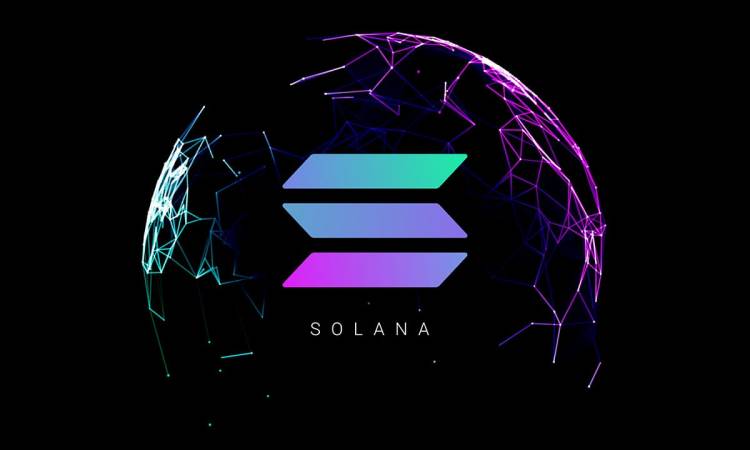Reason to trust

How Our News is Made
Strict editorial policy that focuses on accuracy, relevance, and impartiality
Ad discliamer
Morbi pretium leo et nisl aliquam mollis. Quisque arcu lorem, ultricies quis pellentesque nec, ullamcorper eu odio.
When Greece missed its deadline to the IMF last week and talks of an imminent euro zone exit dominated the newswires, several Greeks already started moving their funds to bitcoin. Capital controls imposed in the country made it difficult for the Greeks to secure loans or make investments, leading to the rise of sites lending bitcoin and buying Greek products.
After the Greek referendum resulted in a resounding majority voting against austerity and the current bailout proposal, market watchers are starting to talk about the potential implications of a return to the drachma. This could mean a potentially worthless currency for the Greek population and further economic weakness. However, others are also buzzing about the need for a parallel currency that could still possess enough purchasing power.
Greeks Need Parallel Currency
In some parts of Greece, establishments have also started accepting bitcoin instead of euros, particularly from tourists booking hotels and tour services. “A digital currency over the Blockchain would be ideal right now for Greece and tourists,” says Lee Gibson-Grant, founder of UK-based digital currency consultancy Coinstructors and the Drachmae Project.
Gibson-Grant recently met with the mayor of Agistri, a small island in the Saronic Gulf, to discuss the testing of blockchain technology for a loyalty rewards program for local businesses. This can enable tourists to book hotels and tour services at a discount if they make use of reward points.
“I would suggest to the Greek tourist industry that they study the tried and tested benefits of M-Pesa, a mobile-phone based money transfer and micro-financing service, and create a network that supports an asset-backed currency,” Gibson-Grant recommended.
A parallel currency could allow the Greek economy to thrive while still adhering to euro zone rules. “When looking at the current situation of Greece it has no choice but to create a parallel currency to take the stress off of requiring bailouts,” he added.



























